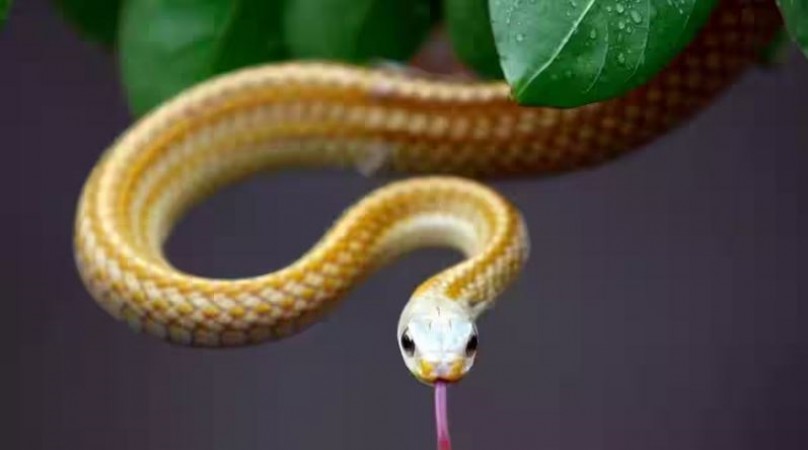
As the world marks World Snake Day on July 16, the focus turns towards understanding India's complex relationship with snakes, particularly its troubling status as the global leader in snake-bite incidents. Unlike celebratory occasions like Father’s Day or Mother’s Day, World Snake Day serves as a reminder not just of fear and danger but also of the urgent need to address conservation and public health challenges associated with these reptiles.
India faces a staggering burden of snake bites, accounting for a significant portion of the global cases. Annually, between 78,000 to 100,000 snake bites occur worldwide, with approximately 64,000 of these happening in India alone. This statistic underscores not only the prevalence of snake encounters but also the critical public health issue posed by venomous bites.
The prevalence of snake bites in India highlights the deep-rooted human-snake conflict across the country. Rapid urbanization and habitat loss force snakes into closer proximity with human settlements, increasing the likelihood of encounters and resulting bites. Lack of awareness, inadequate medical infrastructure in rural areas, and delayed access to anti-venom contribute significantly to the high mortality rates associated with snake bites in India.
Efforts to mitigate these challenges have been ongoing. The Indian government and various NGOs have been actively involved in initiatives aimed at reducing snake-bite fatalities. These efforts include awareness campaigns to educate communities on snake behavior, first-aid measures, and prompt medical treatment protocols. Additionally, improvements in healthcare infrastructure, especially in rural areas, have been crucial in enhancing treatment outcomes.
Beyond the human-snake conflict, snakes play a vital role in India’s biodiversity. They are integral to ecosystem balance, contributing to pest control by preying on rodents and maintaining ecological harmony. Conservation efforts often take a backseat amidst the urgency of addressing snake-bite emergencies, highlighting the need for a balanced approach that addresses both human safety and wildlife conservation.
Protecting India’s snake species involves not only mitigating human-snake conflicts but also safeguarding their natural habitats and promoting coexistence strategies. Initiatives focusing on habitat preservation, research on snake behavior, and sustainable land-use practices are essential in ensuring the long-term survival of these crucial reptiles.
On this World Snake Day, while acknowledging the challenges posed by snake bites in India, there is also a call to recognize and appreciate the ecological significance of snakes. Conservation efforts must strive to strike a balance between human safety and wildlife protection, ensuring that future generations can coexist harmoniously with these fascinating yet misunderstood creatures.
As discussions continue on how best to manage the human-snake conflict and conserve India’s rich biodiversity, World Snake Day serves as a poignant reminder of the interconnectedness between human actions and the natural world.
World Rum Day: A Glass a Day Keeps the Doctor Away?
World Population Day: India's Fertility Successes and Ongoing Challenges
India to Remain World's Most Populous Country Through 2100, Says UN